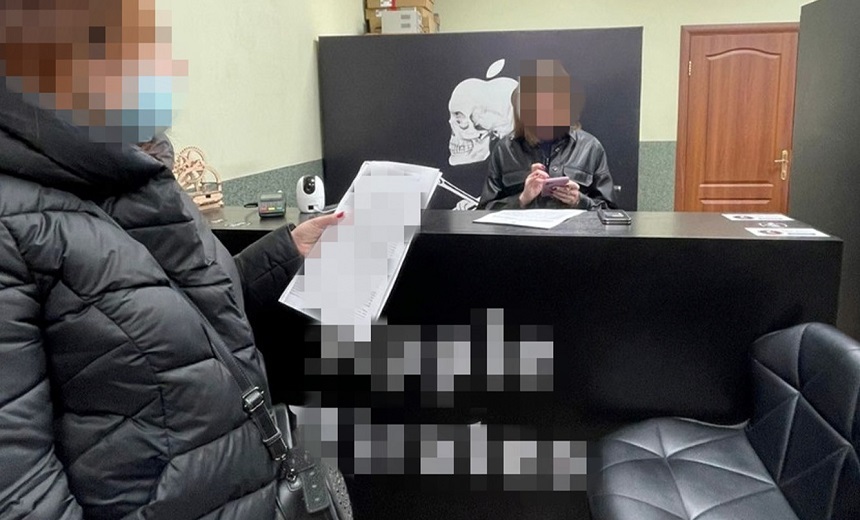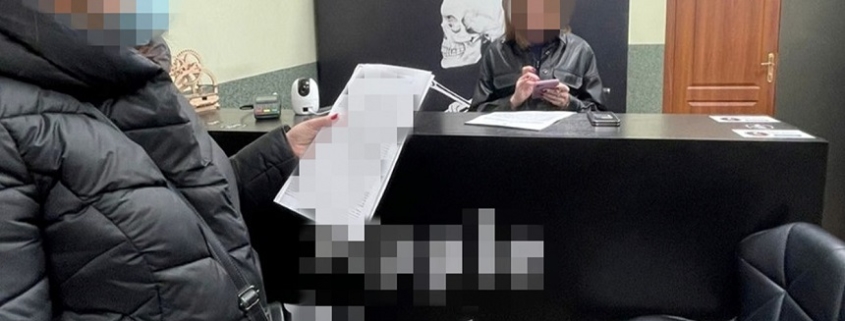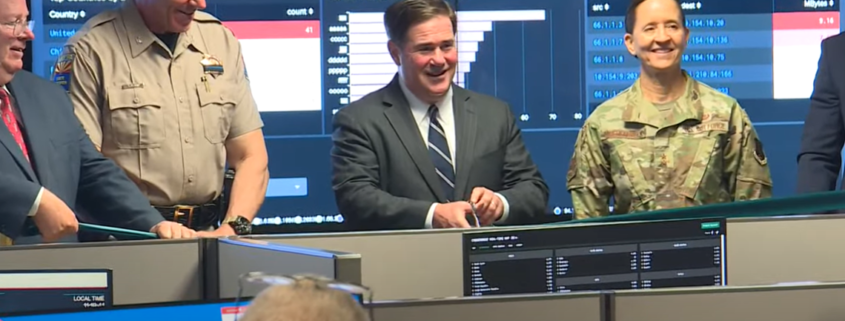There’s nothing about American policing that police unions can’t make worse. A powerful obstacle standing in the way of accountability and transparency, police unions ensure Americans remain underserved by their public servants.
Police unions have defended such things as tossing flashbang grenades into rooms containing infants and the elimination of drug testing for officers. They’ve repeatedly tried to thwart legislation that would provide more public access to police misconduct records and have often verbally attacked anyone who questions the actions of law enforcement.
What they’re best at doing is tipping the scale in favor of bad cops. Apparently laboring under the pretense that even a bad cop is a better person than anyone not wearing the blue, unions effectively neutralize oversight by ensuring city and state agencies cannot easily access discipline records. Then they go further, preventing even the police from policing themselves.
Justin Price’s report on the whitewashing powers of the Phoenix (AZ) PD’s union contract is a jaw-dropping read. But it’s not an anomaly. There are contracts like this in place all over the nation. But AZ Central’s investigation shows just how much has been swept under the rug to “protect” cops from the people they serve.
Phoenix Police Sgt. Philip Roberts was suspended from the force for 30 days after an internal investigation concluded he failed to properly manage a 2015 incident where officers shot and killed a mentally ill man.
Lt. Dalin Webb received a written reprimand for his 2013 arrest on domestic violence charges in which he reportedly shoved his wife and choked his teenage son.
Officer Joshua Wayne Beeks was suspended for 15 days when the Department discovered he was involved in three unauthorized high-speed pursuits in a single year that killed two people.
But there’s little indication in Phoenix Police Department personnel and internal investigations records that those officers were ever disciplined.
That’s because Roberts, Webb and Beeks, like hundreds of other Phoenix police officers in recent years, were allowed to erase records of their misconduct from files kept by the Police Department.
The practice, which the Department refers to as “purging,” has been standard for more than two decades under the police union’s contract, but the public has been unaware of it.
The contract also prohibits misconduct detailed in the purged records from being considered in future disciplinary investigations or performance evaluations.
If the goal is to keep bad cops employed indefinitely, it’s been super-effective. Over 500 of the city’s 3,000 officers have had their pasts memory-holed by the union contract, covering over 600 misconduct incidents ranging from failure to complete reports to deployments of excessive force.
The purging prevents even internal investigators from discovering patterns of misconduct that should result in harsher discipline or termination. It also prevents plaintiffs suing officers over violated rights from obtaining key background info that could indicate an officer is a longtime abuser of citizens. In one case cited in Price’s report, the PD began purging an officer’s records as soon as the officer had been served.
The lack of a paper trail results in things like this happening:
Purged records don’t appear in a file review.
Those records also don’t show up during annual performance evaluations.
Officer Kevin McGowan, for example, earned top marks in his 2015 evaluation despite being disciplined for serious misconduct during the previous year.
An internal investigation concluded McGowan used excessive force when he stomped on an 18-year-old man’s neck, driving his face into the tile floor of a convenience store and knocking out three of the man’s teeth.
The incident was captured in surveillance footage taken from the store.
McGowan was initially fired, but the union interceded and he ended up with only a 30-day suspension. A few years later, the disciplinary files were purged, resulting in this cop being commended for being such a great cop. Phrases like “positive attitude” and “community contributor” were tossed around by supervisors unaware of McGowan’s recent past.
AZ Central’s investigation involved comparing the list of disciplinary files sent to the city’s Human Resources Department by the Fiscal Management Bureau with the list of misconduct records maintained by the PD’s Professional Standards Bureau. What’s considered to be an officer’s “permanent record” is maintained by the city’s HR department. “Maintained” is definitely overstating things.
By cross-referencing the two sets of records, The Republic identified hundreds of disciplinary cases that had been hidden from internal affairs and the Department’s leadership.
Over five years, records of 90% of all sustained misconduct investigations had been erased.
Some of these records are supposed to be maintained for at least five years, according to the contract language. But AZ Central found multiple cases where files had been memory-holed ahead of schedule. Files detailing incidents that resulted in suspensions of over 80 days are never supposed to be purged, but the investigation discovered many of those were missing as well.
The PD explains away all this opacity by saying it increases officer morale. And of course it would. Many employees in many different fields would feel better about themselves and their jobs if they knew their misconduct would never be used against them. But the PD doesn’t serve itself. Or at least, it shouldn’t. It serves the public. And nothing about this union contract shows any concern about the public or its morale.
Permalink | Comments | Email This Story
Techdirt.


